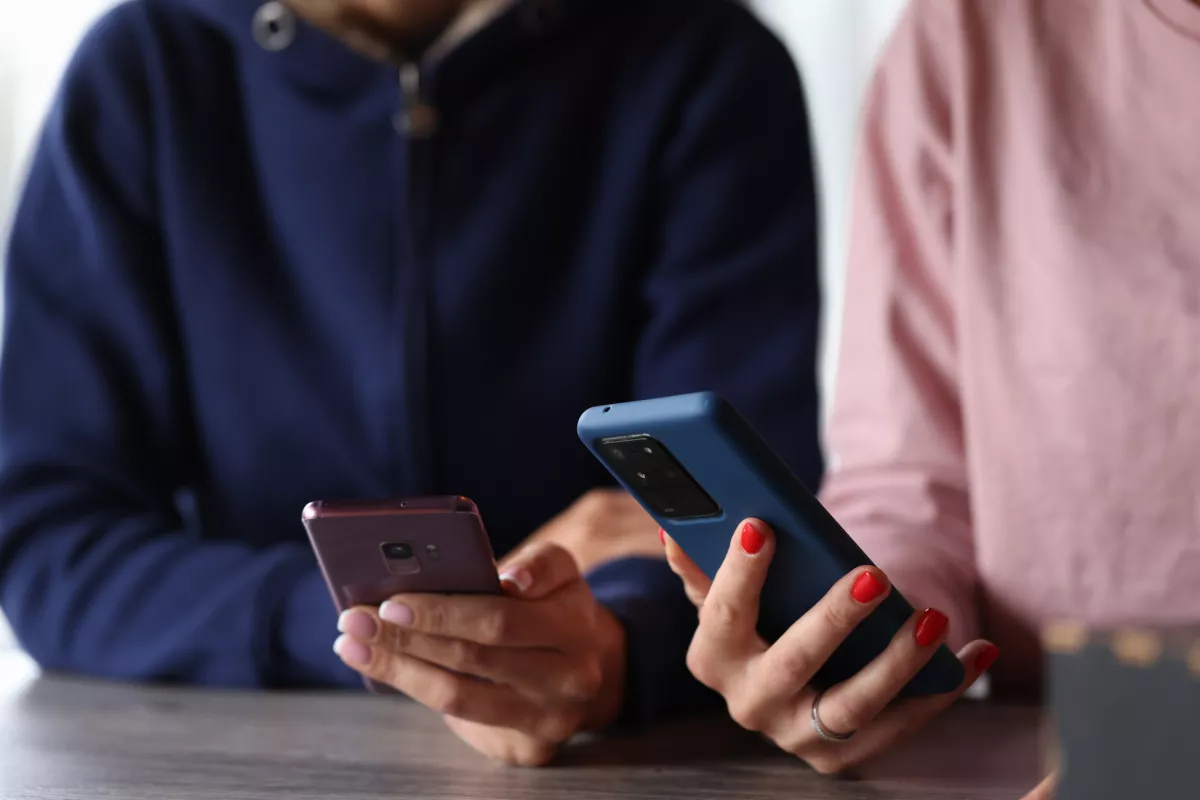
Search giant Google has purchased Motorola’s mobile phone offshoot, Motorola Mobility, for around US$12.5 billion, giving the company access to around 24,500 patents as well as a hardware manufacturing business with around 20,000 employees.
However, industry analysts are curious to know how the deal, set to be completed around the end of the year, will affect Google’s relationship with Samsung, HTC, Sony Ericsson and LG, which also use Google’s Android operating system.
Google has posted four oddly similar quotes from the four partners, and promised that the acquisition will not change its commitment to running Android ‘as an open platform’.
"Motorola will remain a licensee of Android and Android will remain open,” Larry Page, Google CEO, says on the Google blog.
"We will run Motorola as a separate business.”
However, some have questioned how this will work. For example, in the past Google has rotated the manufacturer through which it releases new Android code, but it’s hard to see the company favouring rivals ahead of its own business.
This may cause the other manufacturers to look at different operating systems, the most logical of which would be Microsoft’s Windows Phone.
The real reason behind Google’s purchase may have been Motorola’s patents, which at last count numbered 17,000, with another 7500 pending.
Page’s blog entry continues, "Our acquisition of Motorola will increase competition by strengthening Google’s patent portfolio, which will enable us to better protect Android from anti-competitive threats from Microsoft, Apple and other companies.
"The combination of Google and Motorola will not only supercharge Android, but will also enhance competition and offer consumers accelerating innovation, greater choice, and wonderful user experiences.”
Update: Shares in Motorola Mobility have unsurprisingly shot up following the announcement the company is to be purchased by Google for a whopping US$12.5 billion.
Google is paying US$40 per share for the company, a 63% premium on its most recent closing price. The share price has risen accordingly, jumping 55.8% to US$38.13 on the back of the announcement.
Meanwhile, shares in competitors RIM and Nokia have also risen, the former up 10.4% to US$27.11 and the latter up 17.4% to US$6.29.
The only company that hasn't benefited on the sharemarket seems to be Google, whose shares were down 1.2% to US$557.23.
The purchase is Google's largest ever, dwarfing even the US$3.11 billion paid for ad provider DoubleClick in 2007 and the US$1.56 billion paid for YouTube in 2006.
Much of the value in the purchase is thought to be Motorola Mobility's patent portfolio, which is understandably impressive given the company's long history in the market.
Google recently cried foul after losing a patent bidding war to a consortium including Apple and Microsoft, who paid US$4.5 billion for the patents of bankrupt technology company Nortel. The search giant claimed the bidding was anti-competitive.